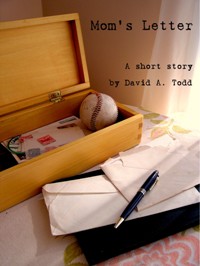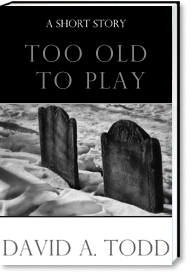Part of what Amazon gives authors, at least those who publish through Kindle Direct Publishing (the self-publishing arm) is a site called Author Central. It’s a place for you to manage your listed books, add or change various descriptions, both for books and author profile. One of the nice features is…
…sales statistics! For a guy who earned his worst college grade in Statistics class, I kind of like them. Of course, I don’t worry about standard deviations and deltas and sigmas—wait, the sigma might have been the standard deviation. I like to see the number, however.
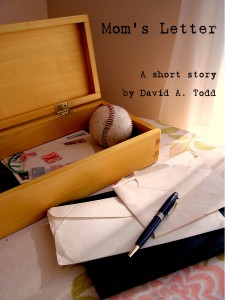 On March 5 I had a sale of my short story “Mom’s Letter”. That brings me up to 13 sales of it in the almost 13 months it’s been available, earning me a whopping $4.96 in royalties. One of those sales was at Smashwords, the others at Kindle. If sales continue at the pace of about one a month, in three years I’ll have earned about $14-15 dollars on the story. Does that justify my efforts? I think so.
On March 5 I had a sale of my short story “Mom’s Letter”. That brings me up to 13 sales of it in the almost 13 months it’s been available, earning me a whopping $4.96 in royalties. One of those sales was at Smashwords, the others at Kindle. If sales continue at the pace of about one a month, in three years I’ll have earned about $14-15 dollars on the story. Does that justify my efforts? I think so.
One other feature at Author Central is a graph of sales rank. It probably isn’t meaningful when your book isn’t selling (and a short story is the same as a book in terms of statistics). When “Mom’s Letter” was first released, I had two sales on the first day and it soared to rank about 42,000 in the overall Kindle Store rankings. Since then it has slid. At Author Central you can access this graph, and expand it to “all available data”. The problem is this data goes back only about eight months, so I don’t have the data from the earliest days. I didn’t discover Author Central until that earliest data passed into cyber-oblivion.
Here’s the graph as of 8:30 AM this morning, Central Time.
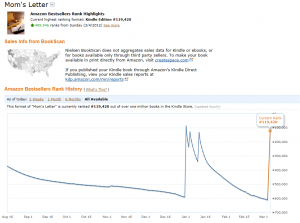
The interesting item to notice on the graph is that, when your rank is way, way down there, a single sale makes a difference. That one sale on March 5 resulted in a jump in the rankings of over 480,000. That tells me that approximately 115,000 titles in the Kindle Store have a sale on any given day. Then each sale of another title will lower your rank. If I ran the same graph right now, the sales rank would be 134,036. That tells me that 20,000 different titles have had a sale since 8:30 this morning.
Actually, since the ranking number is updated hourly, and since I don’t know when on March 5 I had that sale, my rank might have been higher than this. A single sale on Jan 1, 2012 pushed the ranking up to 86,835. Although, I don’t know if that’s really correct, since I don’t know how hourly rankings are turned into daily rankings once the data passes into ancient times.
Sales rank is interesting, but not terribly important. I usually check my sales once a day, but don’t check sales rank unless I’ve had a sale since my previous check. Sure, it would be nice to make a top 100 list (I just checked: it’s not on the top 100 short story list), but I’m not going to obsess over it. Much better to be writing and publishing than obsessing over sales and sales rank.
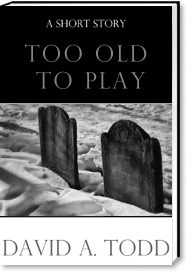

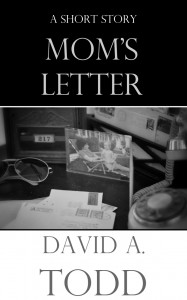
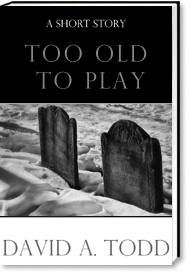
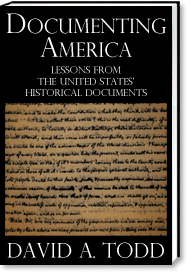 of my first self-publishing piece. My short story “
of my first self-publishing piece. My short story “